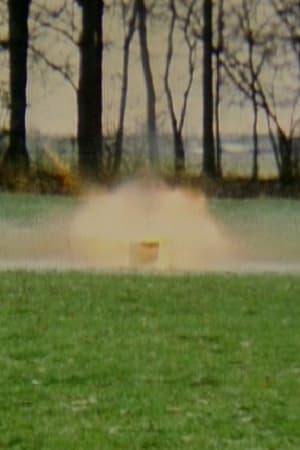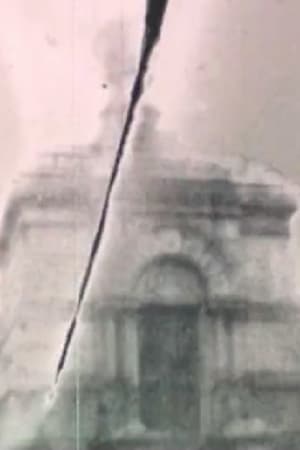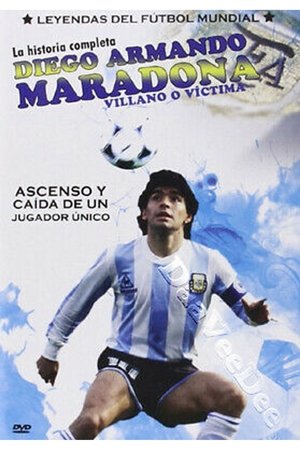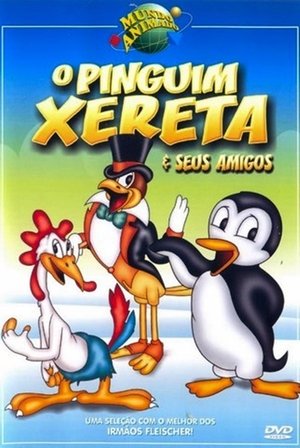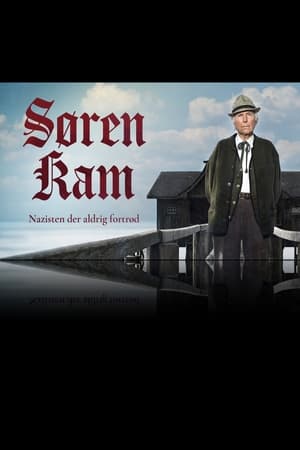
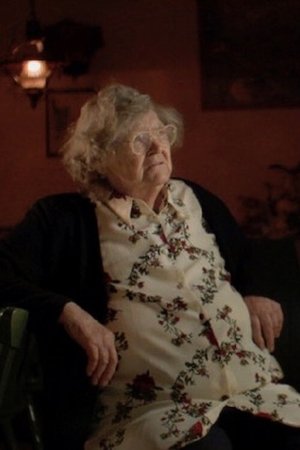
80.000 Schnitzel(2020)
Battering, breading, frying – Berta has prepared thousands of schnitzels in her old cast-iron pan over the years. This 83-year-old landlady’s life on the family farm with adjoining guest house in the Upper Palatinate has been marked by constant hard work. A life that her granddaughters Monika and Hannah never wanted to lead. Now, the deeply indebted farm is on the brink of collapse. Despite having an academic background and contrary to her intentions, Monika, in her early thirties, decides to give up her modern life and save the family business. The two women join forces and give themselves a year to sort out the farm’s problems.

Movie: 80.000 Schnitzel
Top 2 Billed Cast
Herself
Herself

80.000 Schnitzel
HomePage
Overview
Battering, breading, frying – Berta has prepared thousands of schnitzels in her old cast-iron pan over the years. This 83-year-old landlady’s life on the family farm with adjoining guest house in the Upper Palatinate has been marked by constant hard work. A life that her granddaughters Monika and Hannah never wanted to lead. Now, the deeply indebted farm is on the brink of collapse. Despite having an academic background and contrary to her intentions, Monika, in her early thirties, decides to give up her modern life and save the family business. The two women join forces and give themselves a year to sort out the farm’s problems.
Release Date
2020-09-29
Average
7
Rating:
3.5 startsTagline
Genres
Languages:
DeutschEnglishKeywords
Recommendations Movies
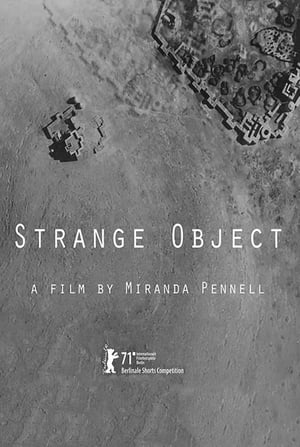 6.0
6.0Strange Object(en)
An archival investigation into the imperial image-making of the RAF ‘Z Unit’, which determined the destruction of human, animal and cultural life across Somaliland, as well as Africa and Asia.
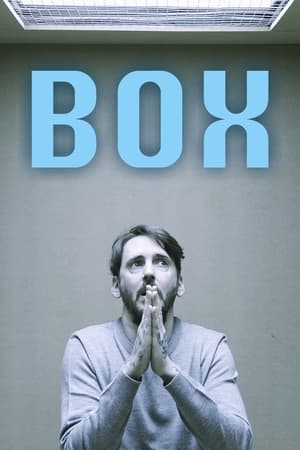 6.2
6.2Box(en)
The execution was scheduled and the last meal consumed. The coolness of the poisons entering the blood system slowed the heart rate and sent him on the way to Judgement. He had paid for his crime with years on Death Row waiting for this moment and now he would pay for them again as the judgment continued..
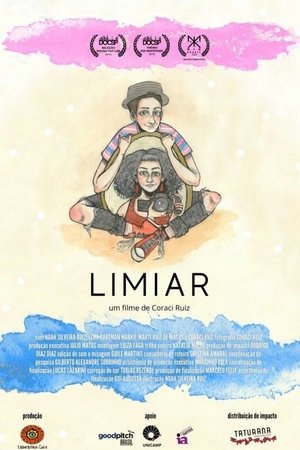 5.6
5.6Threshold(pt)
An autobiographical documentary made by a mother who follows the gender transition of her adolescent son: between 2016 and 2019 she interviews him addressing the conflicts, certainties and uncertainties that pervade him in a deep search for his identity. At the same time, the mother, revealed through a firstperson narration and by her voice behind the camera that talks to her son, also goes through a process of transformation required by the situation that life presents her with by breaking old paradigms, facing fears and dismantling prejudices.
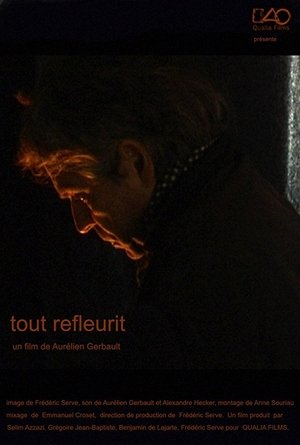 8.0
8.0All Blossoms Again: Pedro Costa, Director(en)
With this movie, Aurélien Gerbault invites us to know the portuguese filmmaker Pedro Costa and to witness the process of shooting of his movie Colossal Youth (2006). The nature of Costa's cinema is revealed to us: the criation of an intimate space in the hardness of reality.
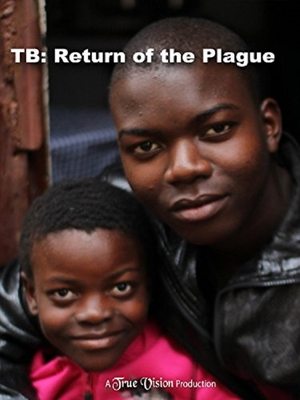 4.0
4.0TB: Return of the Plague(en)
TB is the most deadly infectious disease in history - it has killed over a billion people in the last 200 years. Multi-BAFTA winning film-maker, Jezza Neumann travelled to Swaziland to make this very intimate account of the crippling effects of MDR-TB. We witness victims from two families battle with the disease over the course of a year.
 6.2
6.2Fight!! Spirit of the Sword(ja)
Yonosuke Hikura appears to be an ordinary high school student. Yet he has inherited the important role of protecting the harmony between Heaven and Earth. With the help of the magical sword Chitentai, and Tsukinojo Inbe, he courageously battles the demons, sending them back to the Earth World, from which they have escaped.
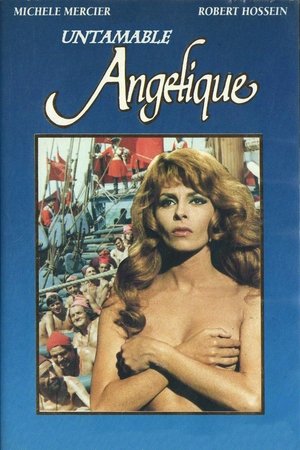 6.5
6.5Untamable Angelique(fr)
Angelique goes in search of her husband Joffrey de Peyrac who did not die on the stake.
 5.8
5.8Sleeping Beauty(de)
On the occasion of their daughter's birth, the king and queen give a lavish feast. Among the guests are twelve fairies who endow the infant in the cradle with all good qualities. As the king loathes diligence, he does not invite the thirteenth fairy - the fairy of diligence. A captain lets her slip into the castle and she casts a spell on Sleeping Beauty, wishing death upon her. The twelfth fairy transforms and mitigates the spell. On the day she turns fifteen, the princess is to sink into a hundred-year sleep after pricking her finger on a spindle.
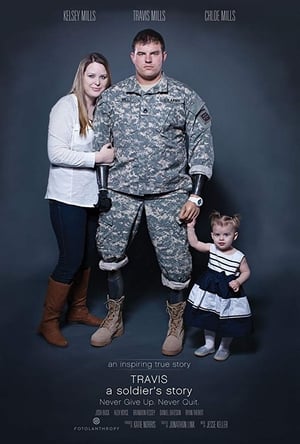 9.3
9.3Travis: A Soldier's Story(en)
Army Staff Sgt. Travis Mills, one of five quadruple amputees to survive their injuries, provides insight into the life of a wounded soldier as he faces the physical and emotional challenges of his wounds.
 7.4
7.4Mumbai Pune Mumbai(mr)
A girl from Mumbai who comes to Pune to meet a prospective groom, with the idea of rejecting him, ends up spending the day with a complete stranger.
Similar Movies
 7.9
7.9Blood Money: Inside the Nazi Economy(fr)
How did Nazi Germany, from limited natural resources, mass unemployment, little money and a damaged industry, manage to unfurl the cataclysm of World War Two and come to occupy a large part of the European continent? Based on recent historical works of and interviews with Adam Tooze, Richard Overy, Frank Bajohr and Marie-Bénédicte Vincent, and drawing on rare archival material.
 7.0
7.0143 Sahara Street(fr)
Alone in a small white house on the edge of national road 1, the Trans-Saharan road, which connects Algiers to Tamanrasset crossing the immensity of the desert, Malika, 74, one day opened her door to the director Hassen Ferhani, who came there to scout with his friend Chawki Amari, journalist at El Watan and author of the story Nationale 1 which relates his journey on this north-south axis of more than 2000 km. The Malika of Amari's novel, which Ferhani admits to having first perceived as a "literary fantasy", suddenly takes on an unsuspected human depth in this environment naturally hostile to man. She lends herself to the film project as she welcomes her clients, with an economy of gestures and words, an impression reinforced by the mystery that surrounds her and the rare elements of her biography which suggest that she is not from the region, that she left the fertile north of Algeria to settle in the desert where she lives with a dog and a cat.
 0.0
0.0Breath of Freedom(en)
In World War II. African-American GIs liberate Germany from Nazi rule while racism prevailed in their own army and home country. Returning home they continue fighting for their own rights in the civil rights movement.
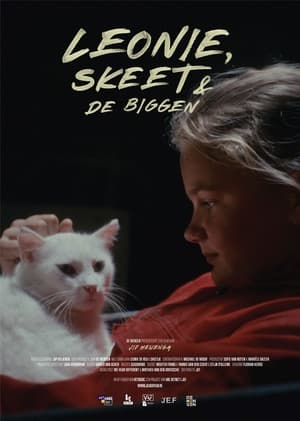 10.0
10.0Leonie, Skeet and the piglets(nl)
Leonie’s dream is to become a pig farmer, just like her parents. She wanders happily around the farm, helping out in any way possible. She tends to the pigs, and is present from the fertilisation of the sows to the moment the truck leaves for the slaughterhouse. The family farm teaches her about the circle of life. However, new laws on nitrogen emissions have undermined the economic viability of the farm, and bankruptcy looms. Together with her cat Skeet, Leonie watches the last pigs disappear from the farm, and she realises that her dream of becoming a pig farmer might not come true.
 0.0
0.0Ich. Immendorff(de)
Documentary film about the painter and sculptor Jörg Immendorff who ranks among the most important German artists. The filmmakers accompanied Immendorff over a period of two years – until his death in May 2007. The artist had been living for nine years knowing that he was terminally ill with ALS. The film shows how Immendorff continued to work with unabated energy and how he tried not to let himself be restrained by his deteriorating health.
 7.0
7.0Rudy Maxa's World: Hong Kong & Bangkok(en)
Beginning with a private, rolling party on board one of Hong Kong's iconic streetcars, travel journalist Rudy Maxa and former chef and now Washington, D.C. restaurateur Daisuke Utagawa lead viewers through on of the worlds most exciting cities. Hong Kong takes cuisine from around the world and makes it its own. Explore the cuisine as well as the mostly unknown, lush side of Hong Kong where hiking trails and beaches rule. Bangkok - In a city where the weather is always hot, it is natural that residents spend so much time eating outside. Street food rules the capital of Thailand, and no visitor should miss the opportunity to follow local custom. Utagawa and Maxa taste their way through the city while exploring the Klongs (canals) and temples that make Bangkok a visitors paradise.
 0.0
0.0In Battle Against the Enemy of the World: German Volunteers in Spain(de)
Nazi propaganda film about the Condor Legion, a unit of German "volunteers" who fought in the Spanish Civil War on the side of eventual dictator Francisco Franco against the elected government of Spain.
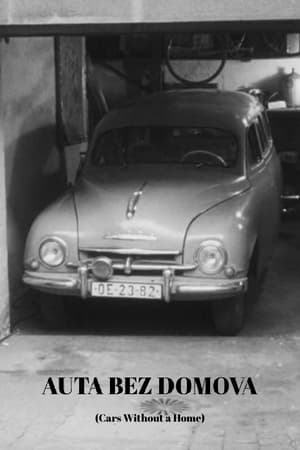 6.3
6.3Cars Without a Home(cs)
Jan Schmidt and Pavel Juráček turn their attention to the problem of Czechoslovakia's unloved cars in this whimsical documentary short.
 6.2
6.2Germany in Autumn(de)
Germany in Autumn does not have a plot per se; it mixes documentary footage, along with standard movie scenes, to give the audience the mood of Germany during the late 1970s. The movie covers the two month time period during 1977 when a businessman was kidnapped, and later murdered, by the left-wing terrorists known as the RAF-Rote Armee Fraktion (Red Army Fraction). The businessman had been kidnapped in an effort to secure the release of the orginal leaders of the RAF, also known as the Baader-Meinhof gang. When the kidnapping effort and a plane hijacking effort failed, the three most prominent leaders of the RAF, Andreas Baader, Gudrun Ensslin, and Jan-Carl Raspe, all committed suicide in prison. It has become an article of faith within the left-wing community that these three were actually murdered by the state.
 8.0
8.0White Man with Black Bread(de)
Christof Wackernagel, best known in Germany as an actor and former member of the Red Army Faction ("RAF") lives in Mali. In his compelling portrait, Jonas Grosch shows a man who simply cannot stand still if he senses injustice. The courage to stand up for one’s beliefs coupled with vanity? However one chooses to look at it, it is easy to imagine what made him connect with the "RAF". With his irrepressible will for freedom, Christof Wackernagel gets entangled in the horrors of day-to-day life in Africa.
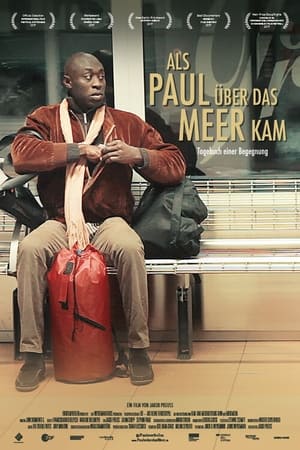 7.8
7.8When Paul Came Over The Sea(de)
An unusual friendship in an agitated political context.
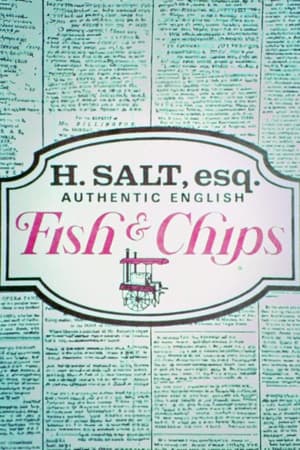 0.0
0.0The King of Fish and Chips(en)
In the late 1960s, Haddon Salt built a fast-food empire. Then Kentucky Fried Chicken came knocking.
 8.2
8.2Night and Fog(fr)
Filmmaker Alain Resnais documents the atrocities behind the walls of Hitler's concentration camps.
Chez Schwartz(en)
Chez Schwartz takes us inside a year in the life of Schwartz's Deli - the unique 75-year-old landmark on Montreal's historic Main. Filmed through changing seasons, from the quiet of early morning preparation to the frenetic bustle of packed lunch times and never ending line-ups, to the more relaxed ambiance late at night - Chez Schwartz is an evocative, cinematic portrait of a small spunky deli known worldwide equally for its atmosphere and smoked meat.
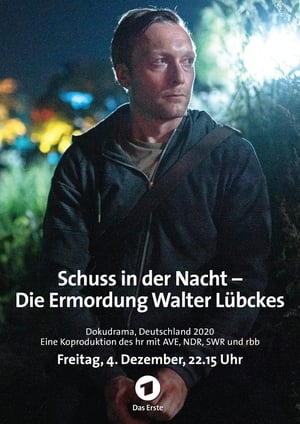 0.0
0.0Schuss in der Nacht - Die Ermordung Walter Lübckes(de)
On June 1st, 2019, around 11:30pm, the shoot which represents a turning point in the federal republic falls. In the hessian small town Wolfhagen-Istha, the district president of Kassel, Walter Lübcke, is murdered during this night, while, just a few meters away, the annual carnival is putting the locals into a festive mood. It is DNA-evidence on the clothes of Walter Lübcke which leads the investigators on June 15th, 2019, to his presumptive murderer: Stephan Ernst. The previously convicted right-wing extremist Ernst gets arrested by a SEK unit in Kassel. A first background check reveals: Stephan Ernst was known to the security authorities, but they did not have him on their radar for six years. Now he is back. And a person is dead. The docu-drama “Schuss in der Nacht” („Shoot in the dark“) tells emotionally, and simultaneously factually, how the deadly attack on Lübcke came to be. It tells about the first far-right motivated murder of a politician since the era of national socialism.
From the West(de)
A film essay investigating the question of what “the West” means beyond the cardinal direction: a model of society inscribed itself in the Federal Republic of Germany’s postwar history and architecture. The narrator shifts among reflections on modern architecture and property relations, detailed scenes from childhood, and a passed-down memory of a “hemmed-in West Germany,” recalling the years of her parents’ membership in a 1970s communist splinter group.
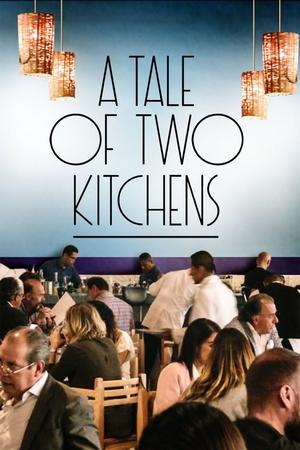 6.2
6.2A Tale of Two Kitchens(en)
Two countries, two restaurants, one vision. At Gabriela Cámara's acclaimed Contramar in Mexico City, the welcoming, uniformed waiters are as beloved by diners as the menu featuring fresh, local seafood caught within 24 hours. The entire staff sees themselves as part of an extended family. Meanwhile at Cala in San Francisco, Cámara hires staff from different backgrounds and cultures, including ex-felons and ex-addicts, who view the work as an important opportunity to grow as individuals. A Tale of Two Kitchens explores the ways in which a restaurant can serve as a place of both dignity and community.
